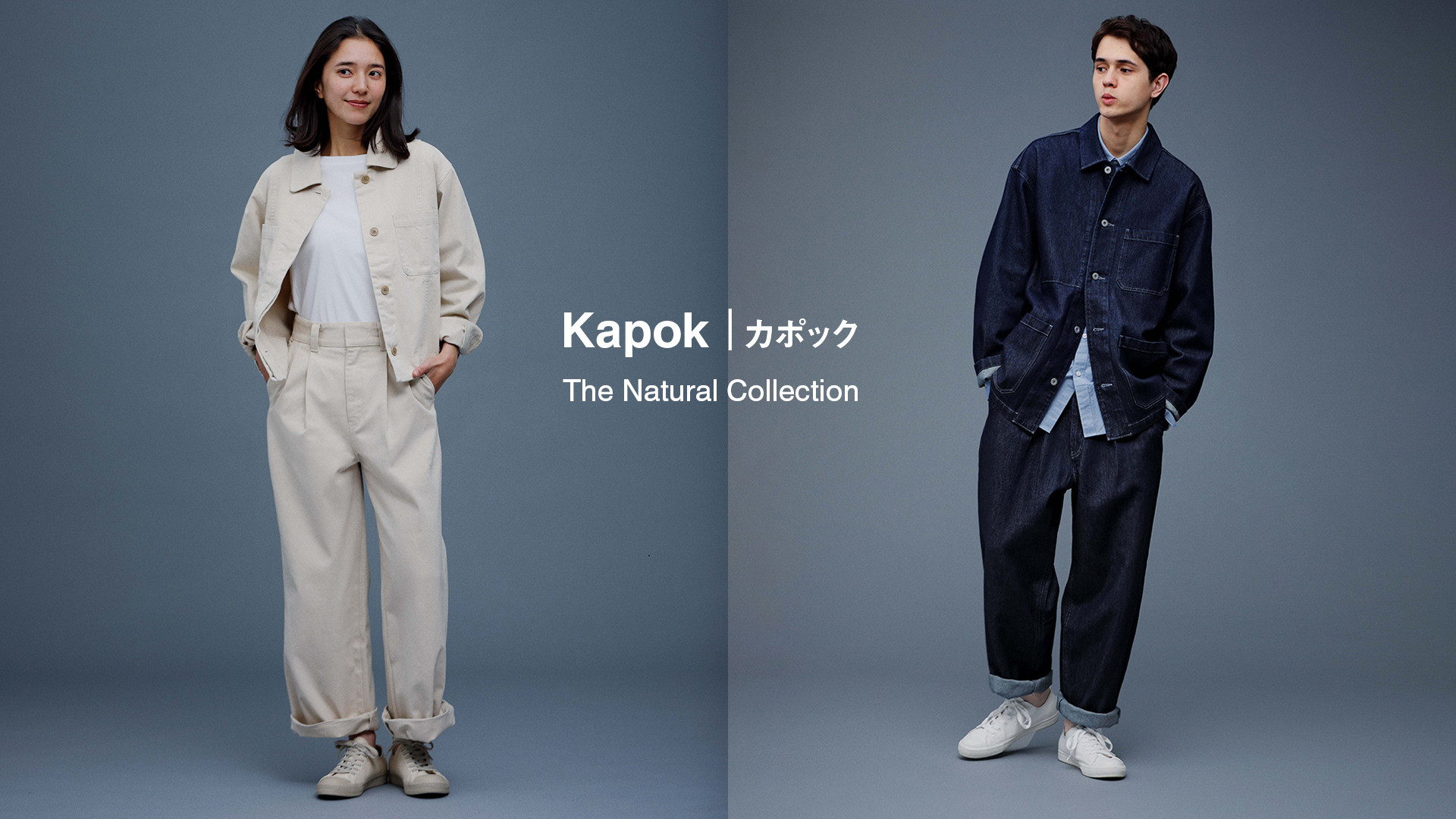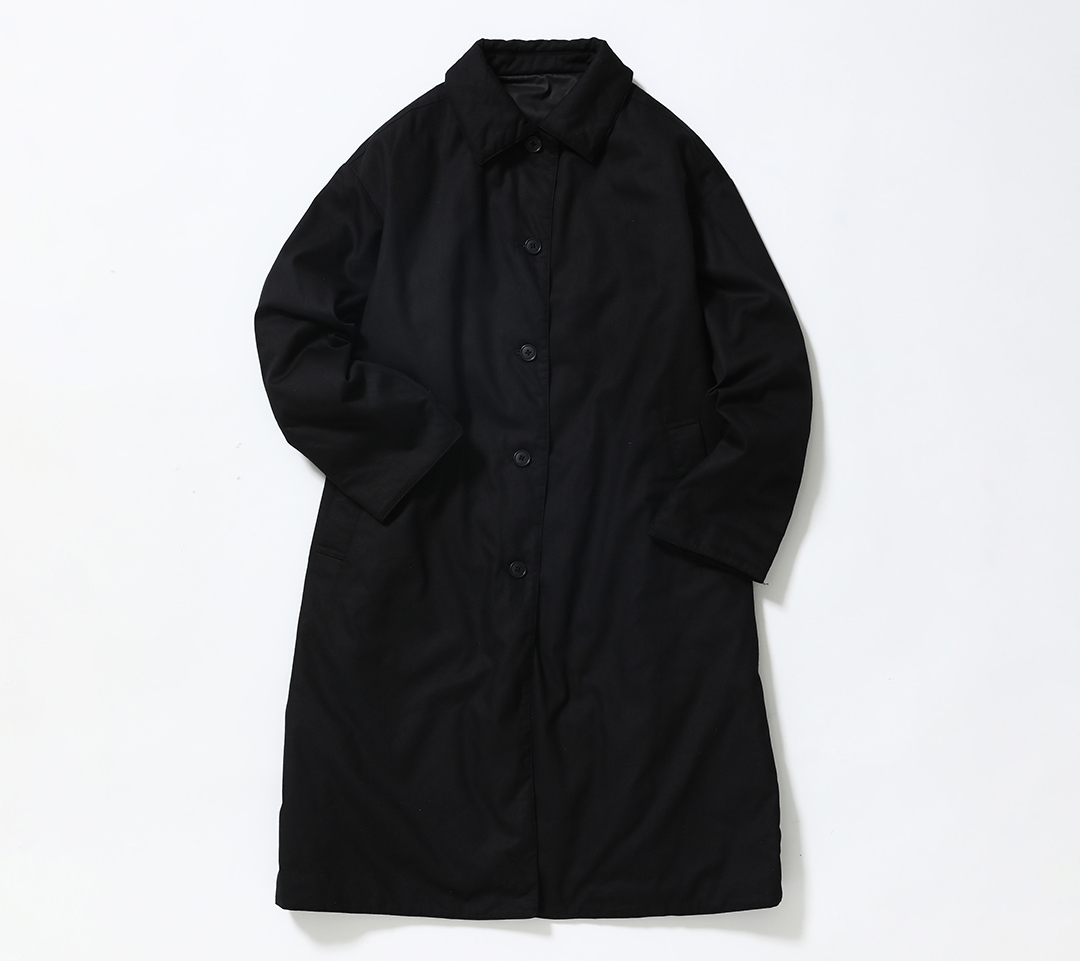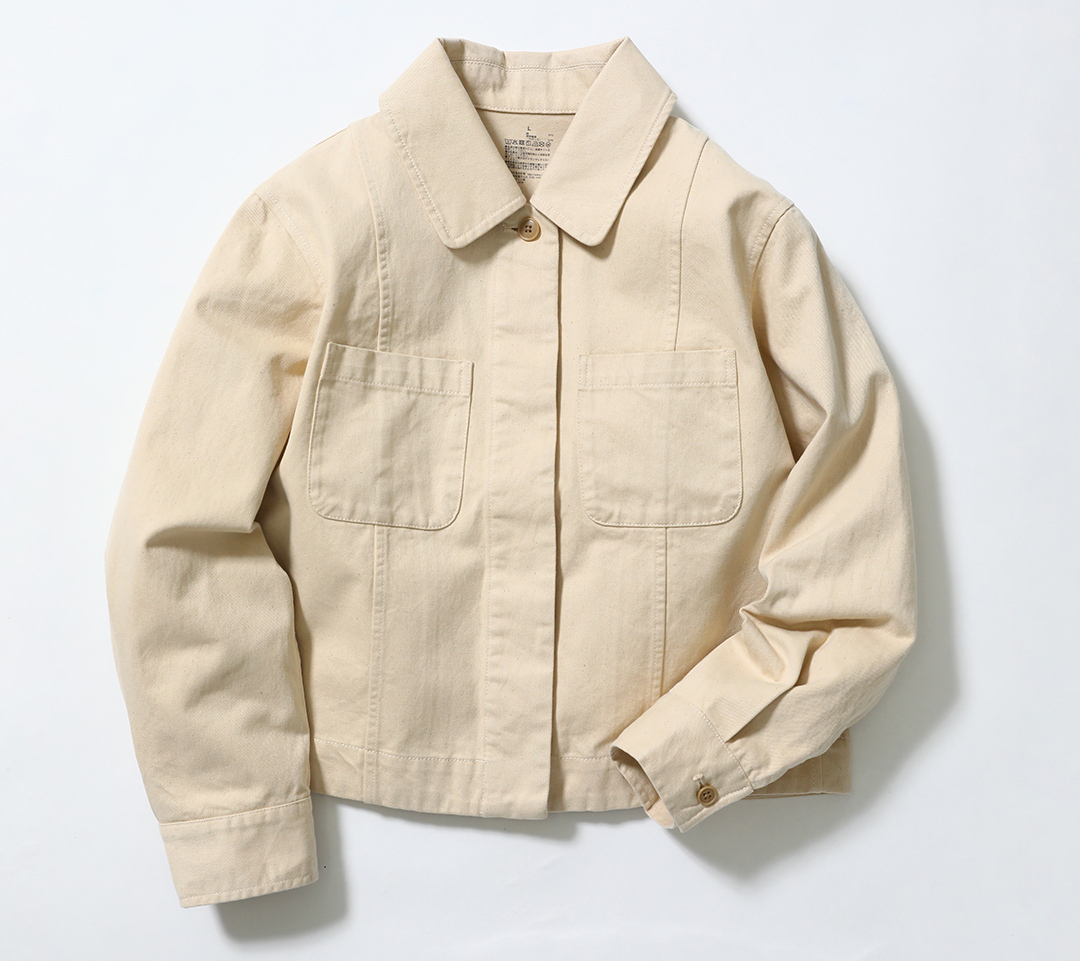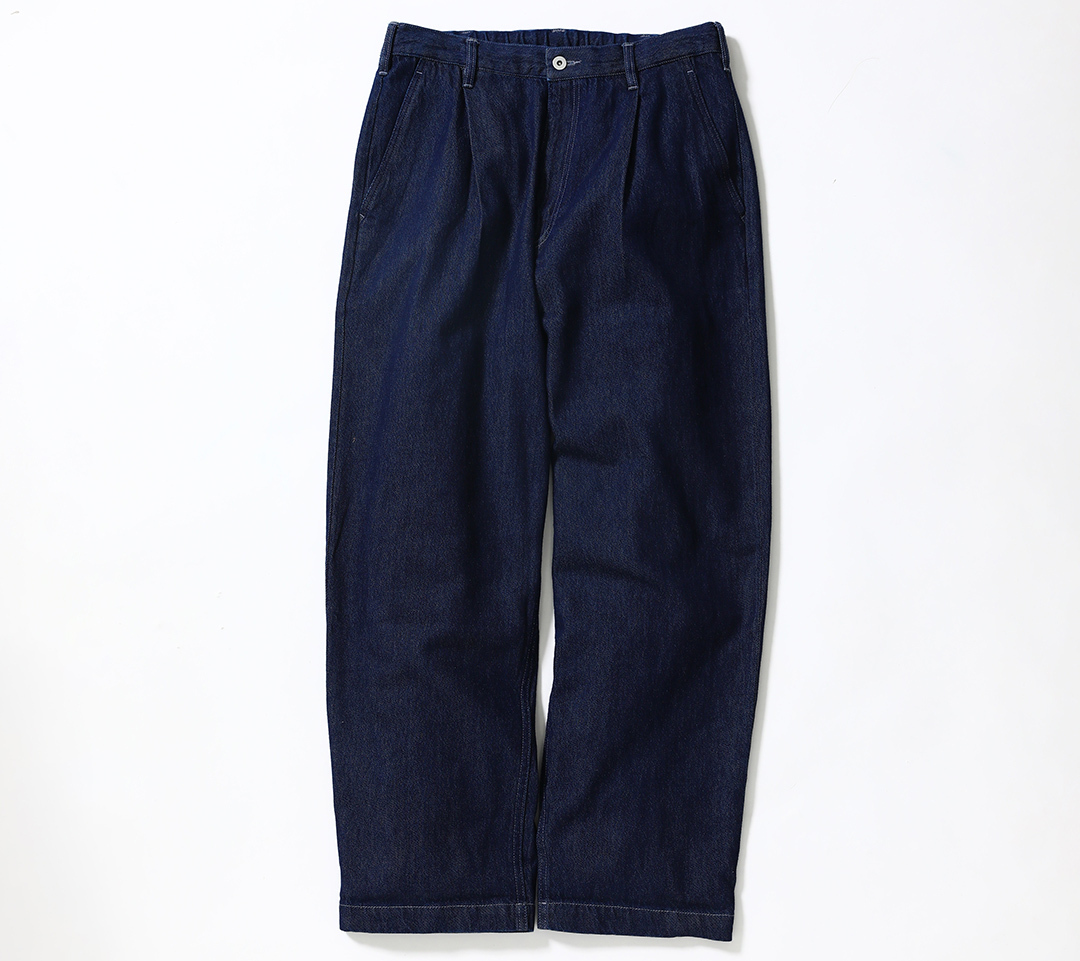Kapok is a useful natural fibre with a smooth, soft texture. Responsibly sourced, Kapok uses less water to produce than cotton, with no pesticides. Due to its hollow structure, Kapok is the world’s lightest natural fibre. It performs excellently at absorbing moisture and retaining heat. The smooth texture of the fibres gives Kapok its enhanced softness and elasticity.
More infoFeatures

Light, soft and elastic

Low environmental impact

Light, soft and elastic

Low environmental impact
Look 01

Look 01

Look 02
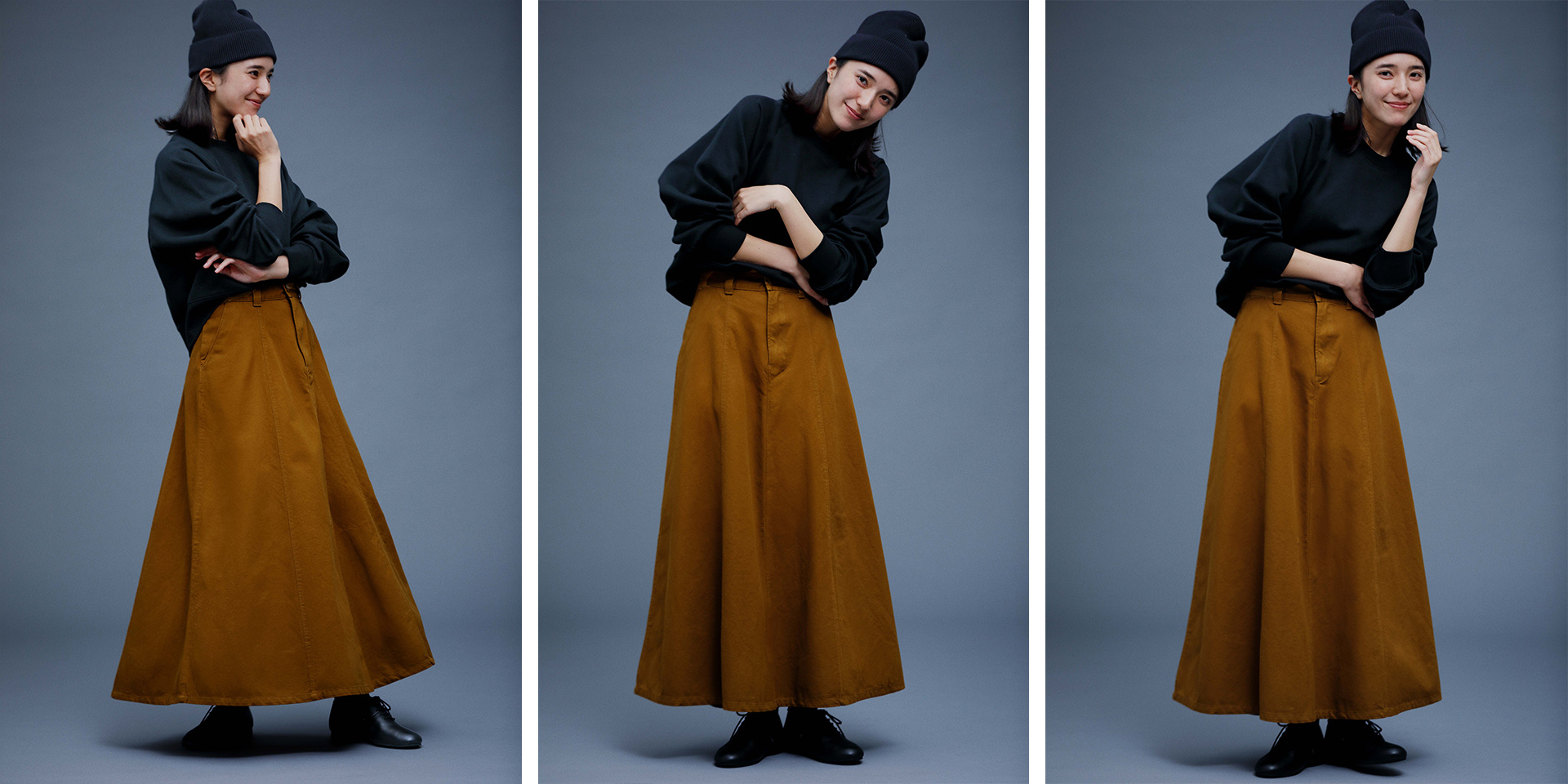
Look 02
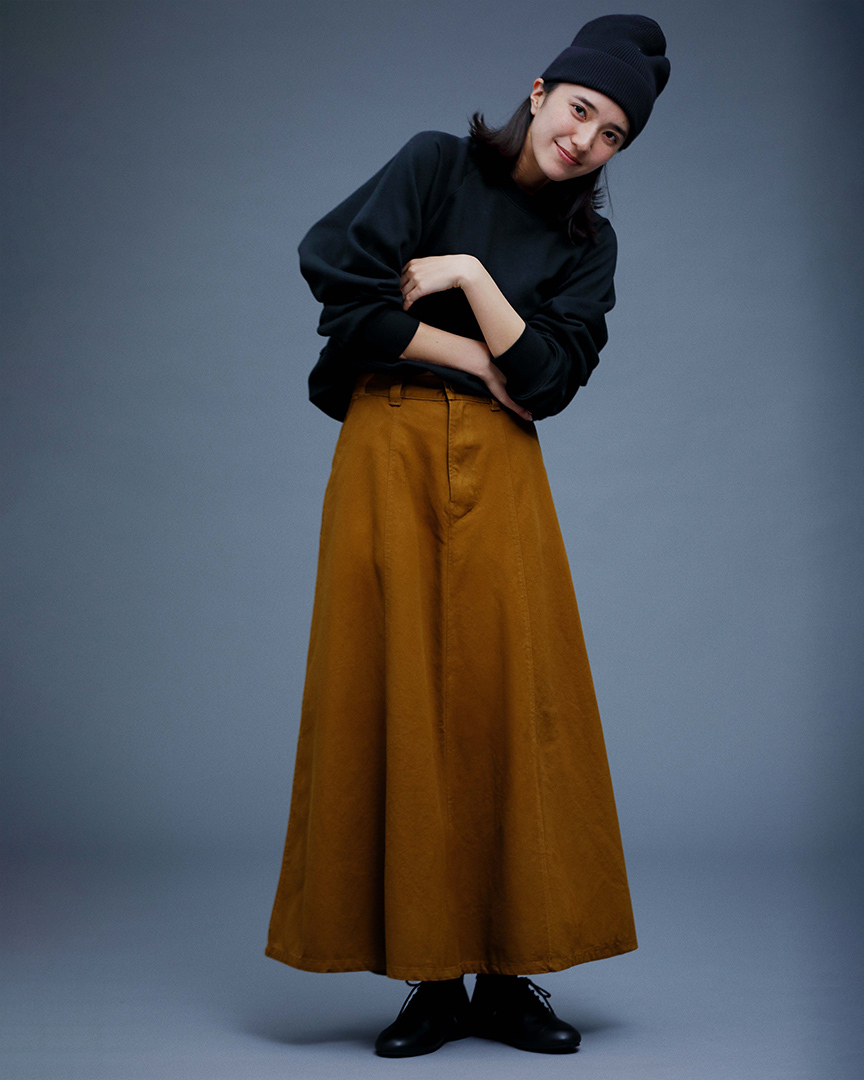
Look 03

Look 03
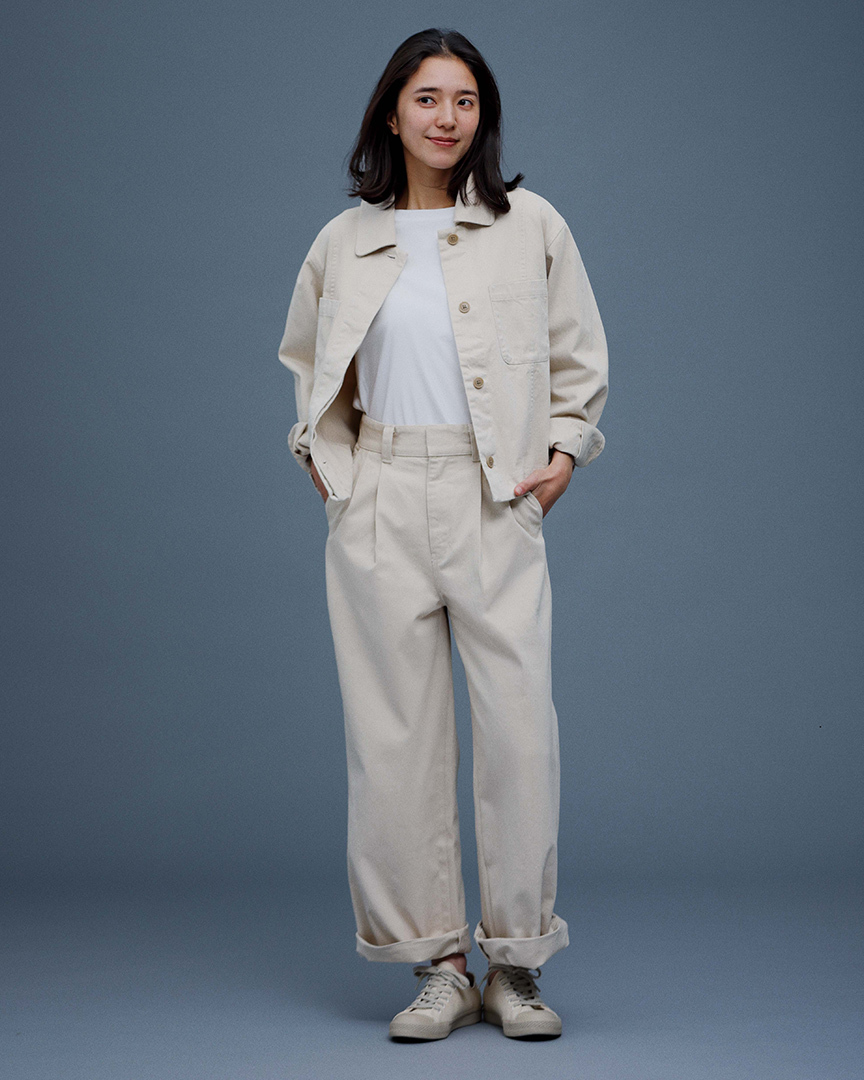

Look 01
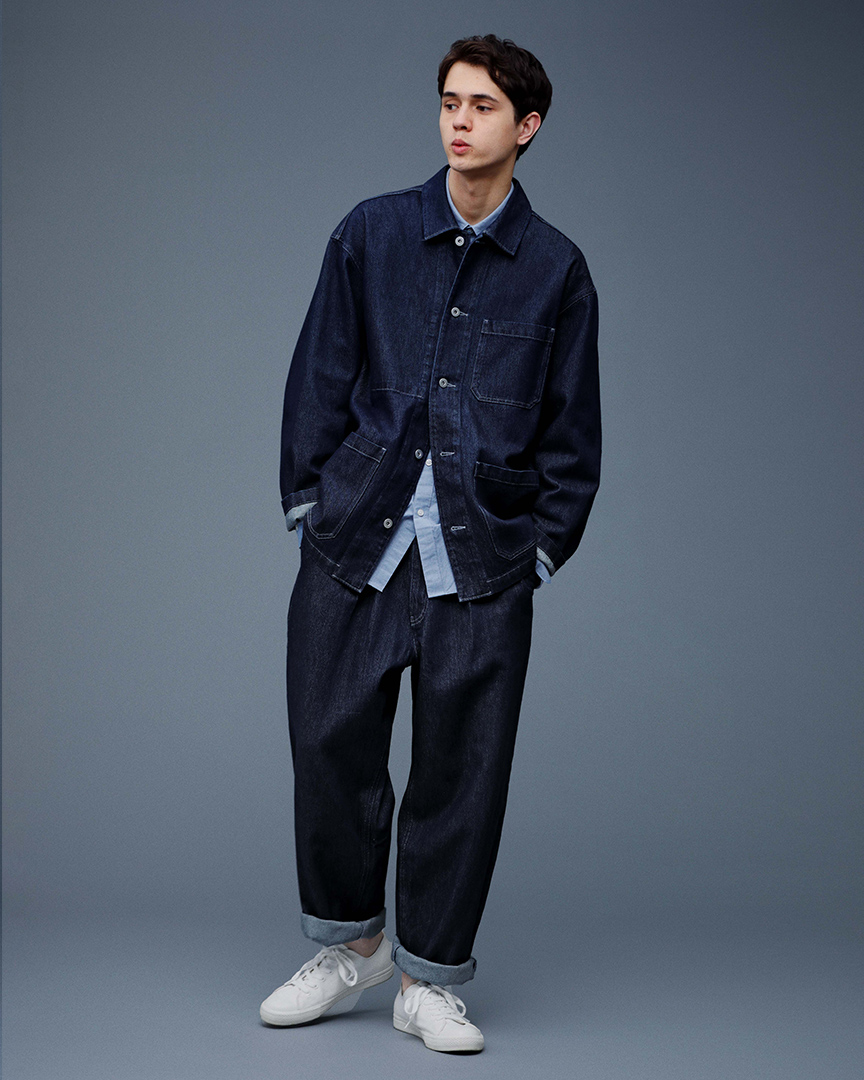
What is Kapok?

Kapok Forest
Kapok is a tall deciduous tree, commonly found in Indonesia, Thailand and India. Kapok is a low maintenance plant that thrives with sunlight and rainwater. MUJI’s Kapok is sourced from Java Island, Indonesia — trees are planted and cultivated in careful conditions closest to nature.

Reduction of Environmental Impact
Unlike fibres such as cotton and linen, Kapok doesn’t require mowing to be harvested. This allows the trees to continue to grow, without interrupting the cycle of photosynthesis.

Kapok Forest
Kapok is a tall deciduous tree, commonly found in Indonesia, Thailand and India. Kapok is a low maintenance plant that thrives with sunlight and rainwater. MUJI’s Kapok is sourced from Java Island, Indonesia — trees are planted and cultivated in careful conditions closest to nature.

Reduction of Environmental Impact
Unlike fibres such as cotton and linen, Kapok doesn’t require mowing to be harvested. This allows the trees to continue to grow, without interrupting the cycle of photosynthesis.
